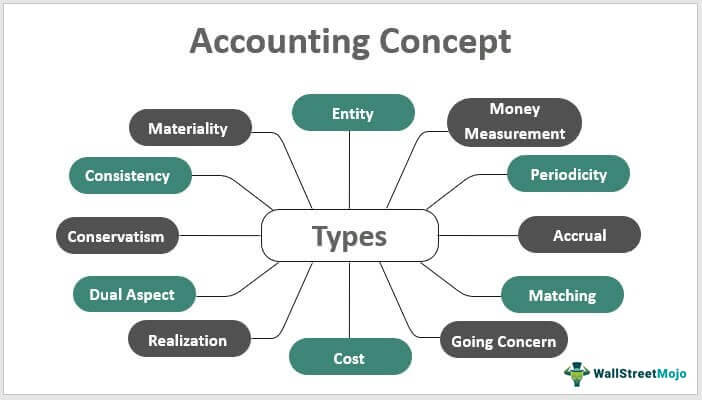

Provides guidance for determining when the equity method should be applied to common stock.ĭefines various types of accounting changes and establishes guidelines for determining the appropriate reporting of each type.Ĭlarifies when interest should be applied to receivables and payables. The Equity Method of Accounting for Investments in Common Stock Provides accounting guidance for reporting goodwill and other intangible assets. Provides guidance regarding the appropriate accounting and reporting of business combinations.

Provides authoritative guidance related to accounting and reporting for convertible debt. Provides authoritative guidance on allowances, depreciation, deferred compensation, capital changes and debt.Īccounting for Convertible Debt and Debt Issued with Stock Purchase Provides authoritative guidance on consolidated financial statements, tax allocation accounts, taxes payable, and activities related to stocks. Reviewed the ARB and incorporated needed revisions.ĭiscusses the reporting requirements of 1) net income and extraordinary items and 2) computation of earnings per Many have been superseded by FASB pronouncements 19 opinions still stand as part of generally accepted accounting principles: Opinion Numberĭiscusses the Revenue Act of 1962 and provides accounting standards for the "investment credit."Ĭlarifies whether the “investment credit” should be considered as part of net income.

Of the 31 APB opinions and 4 statements, several were instrumental in improving the theory and practice of significant areas of accounting. In response to APB 17, Briloff referred to the APB as the "Accounting Pragmatics Board". Among others, Abraham Briloff was critical of some actions of the Accounting Principles Board. According to the SEC, "the overall record of the APB was a reasonably good one, but it seems likely that a smaller full-time body directly in control of its research holds promise of more success". The APB and the related Securities Exchange Commission were unable to operate completely independently of the U.S. The APB was disbanded in the hopes that the smaller, fully independent FASB could more effectively create accounting standards. It was created by the American Institute of Certified Public Accountants in 1959 and issued pronouncements on accounting principles until 1973, when it was replaced by the Financial Accounting Standards Board (FASB). The Accounting Principles Board ( APB) is the former authoritative body of the American Institute of Certified Public Accountants (AICPA). Former authoritative body of the American Institute of Certified Public Accountants


 0 kommentar(er)
0 kommentar(er)
